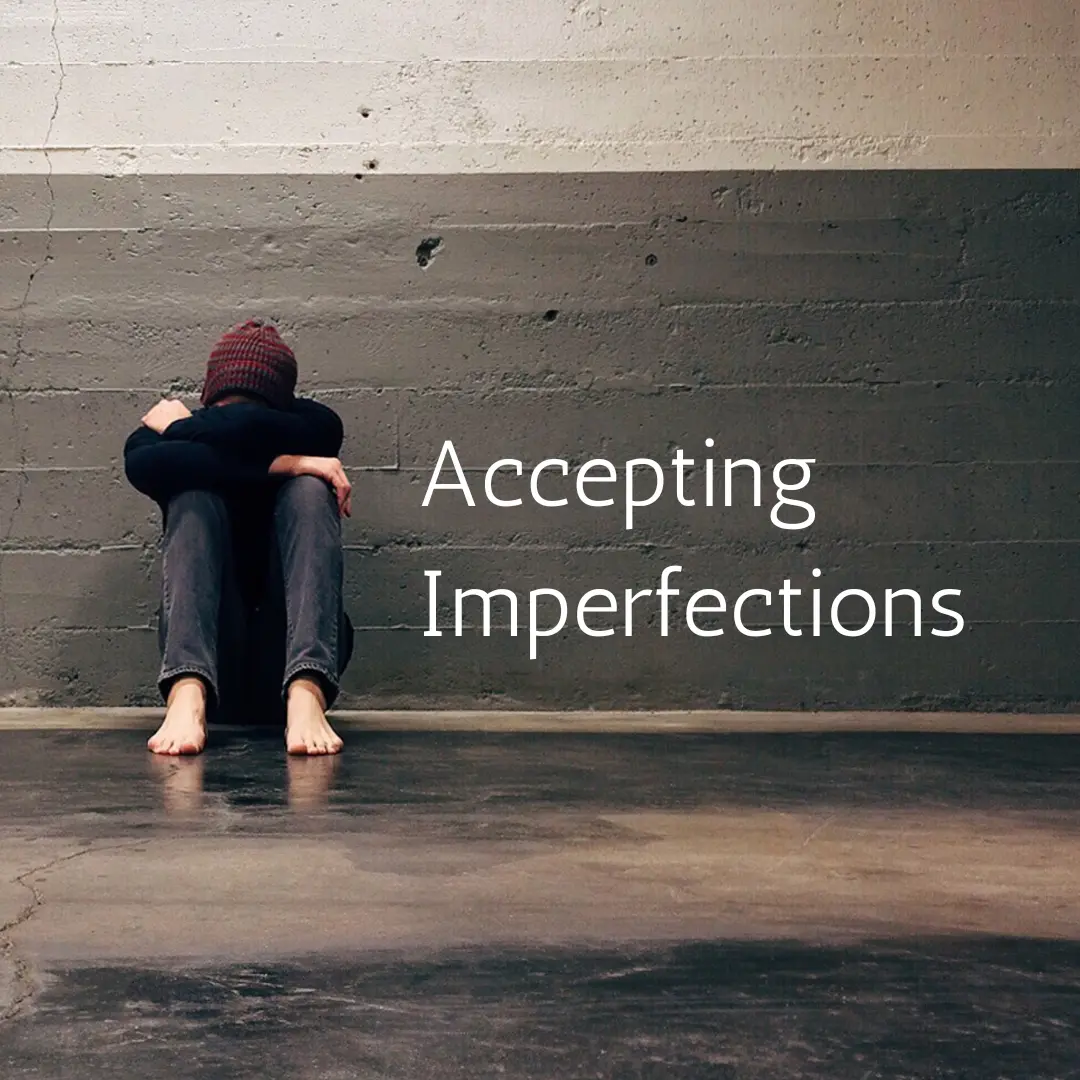“Love what you have, before life teaches you to love what you lost.” This poignant quote encapsulates a timeless truth about gratitude, appreciation, and the impermanence of life. The message is simple yet profound: we should cherish and be grateful for the things, people, and experiences we have in the present, rather than taking them for granted and only realizing their value once they are gone.
In today’s fast-paced world, it’s easy to get caught up in the pursuit of more—more success, more possessions, more experiences—often at the expense of appreciating what we already have. The philosophy behind this quote encourages us to pause, reflect, and recognize the value of our current blessings. Let’s explore the various dimensions of this wisdom and how it can positively impact our lives.
The Essence of Gratitude
Gratitude is more than just saying thank you; it’s a deep-seated appreciation for the present moment and all that it encompasses. Research has shown that practicing gratitude can lead to numerous benefits, including improved mental health, stronger relationships, and increased overall happiness.
- Mental Well-being:
- Practicing gratitude can reduce feelings of anxiety and depression. By focusing on the positives in our lives, we shift our attention away from what we lack or what troubles us.
- Keeping a gratitude journal, where you write down things you are thankful for each day, can enhance your mood and foster a more positive outlook on life.
- Strengthened Relationships:
- Expressing appreciation for the people in your life can strengthen your relationships. When you show others that you value them, it fosters a sense of connection and mutual respect.
- Small acts of gratitude, like saying thank you or acknowledging someone’s efforts, can have a significant impact on your interactions and relationships.
- Increased Happiness:
- Gratitude helps us focus on the present and savor life’s moments. This mindfulness can lead to greater contentment and satisfaction.
- People who regularly practice gratitude tend to have a more positive attitude and a greater sense of well-being.
Appreciation in Daily Life
Incorporating gratitude into our daily lives doesn’t require grand gestures. Here are simple yet effective ways to practice appreciation:
- Mindful Reflection:
- Take a few moments each day to reflect on what you are grateful for. This could be anything from the roof over your head to the kindness of a stranger.
- Meditation and mindfulness exercises can help center your thoughts and highlight the positives in your life.
- Express Gratitude:
- Verbally acknowledge and thank people who have made a difference in your life. Whether it’s a friend, family member, or coworker, expressing your appreciation can strengthen your bonds.
- Write thank-you notes or send messages of appreciation to those who have impacted you positively.
- Celebrate Small Wins:
- Often, we overlook the small achievements and moments of joy in pursuit of bigger goals. Celebrate these small wins and recognize their importance in your journey.
- Acknowledge your efforts and give yourself credit for your accomplishments, no matter how minor they may seem.
Lessons from Loss
Sometimes, it takes a loss to make us realize the value of what we had. This is a hard but powerful lesson in appreciation. Reflecting on past losses can provide valuable insights into what truly matters in life and encourage us to cherish what we currently possess.
- Learn from Experience:
- Reflect on times when you lost something or someone important. What did you learn from that experience? How can you apply that lesson to appreciate your present circumstances?
- Use past losses as motivation to practice gratitude and avoid taking things for granted.
- Live in the Moment:
- Embrace the present moment and make the most of it. Engage fully in your activities and interactions, and appreciate the here and now.
- Avoid dwelling on the past or worrying excessively about the future. Focus on what you can control and find joy in the present.
Conclusion
“Love what you have, before life teaches you to love what you lost.” This wisdom encourages us to live a life of gratitude and appreciation. By recognizing and valuing our current blessings, we can enhance our mental well-being, strengthen our relationships, and lead a more fulfilling life. Practicing gratitude doesn’t require extraordinary efforts; it’s about being mindful of the positives in our lives and expressing appreciation for them. Embrace this philosophy, and you’ll find that life’s simple pleasures and everyday blessings become your greatest sources of joy and contentment.




